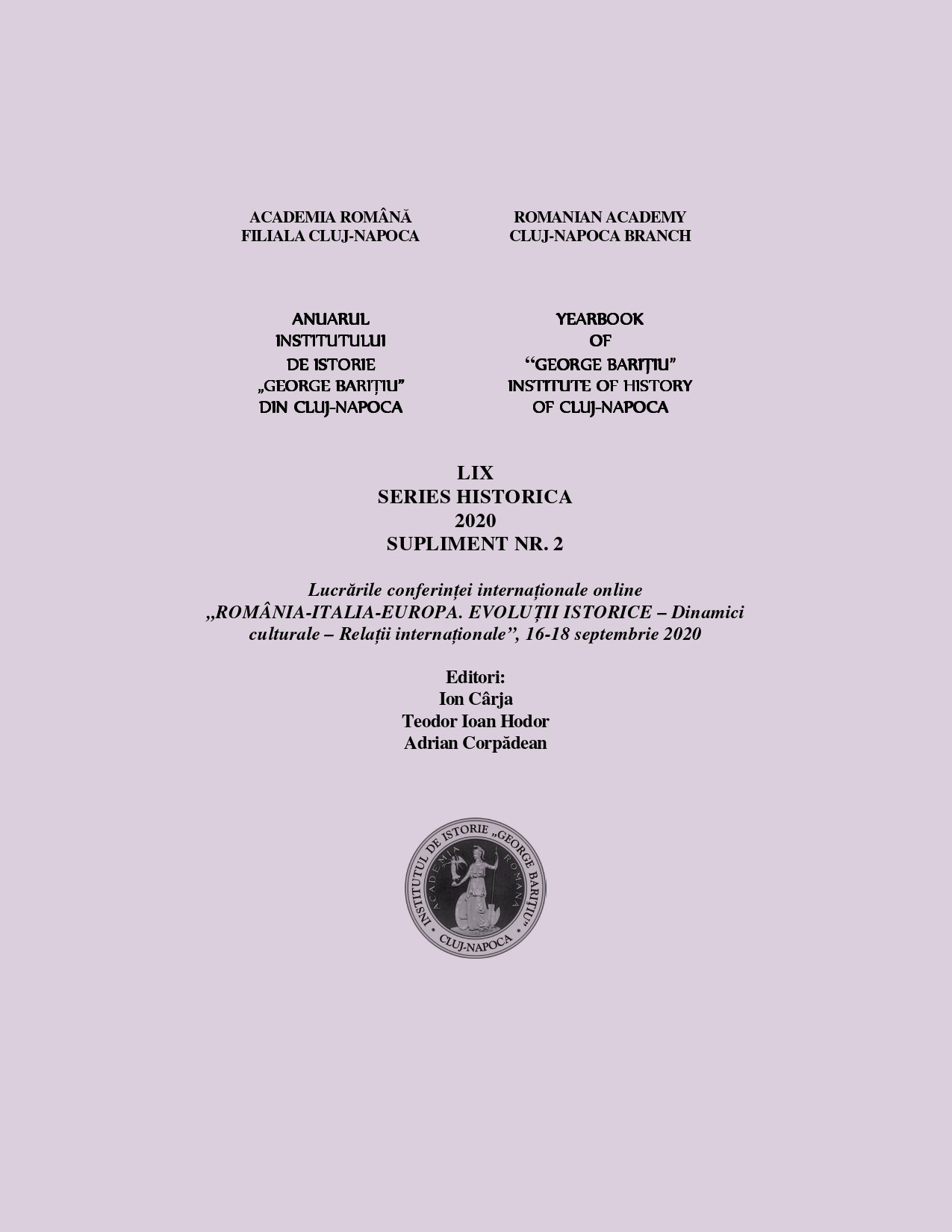The role of civil society organizations in the democracy-related processes of Zimbabwe
The role of civil society organizations in the democracy-related processes of Zimbabwe
Author(s): Dan PetricaSubject(s): Civil Society
Published by: Editura Academiei Române
Keywords: international relations; social movements; (post)colonialism; donors; NGOs;
Summary/Abstract: Civil society organizations represent a substantial resource for translating democratization processes to the grassroots, ensuring the usage of local and international knowledge, and mobilizing communities to act in pursuit of bettering their own social circumstances. This paper aims to shed light on the way in which non-governmental organizations (NGOs) have developed in Zimbabwe since the 1980’s, while particularly emphasizing their constantly shifting relationship with state structures, which transited stages such as: cooperation,subservience, and opposition. The said stages are not linear, nor are they general,nonetheless, they apply to great numbers of varying organizations throughout distinct periods, allowing us to categorize in our attempt to provide an overview.Furthermore, the relationships developed with donors and the population also delved upon, as we try to underline the way in which foreign governments and umbrella organizations chose to pursue the consolidation of democracy in Zimbabwe, especially in the wake of Robert Mugabe’s prolonged autocratic slippages. We argue that as the donor culture of Zimbabwean NGOs, which encourages the pursuit of democratic practices, clashed with the nationalist-fueled authoritarian practices of the ZANU-PF party-state, the said types of civil society organizations began to truly mobilize social movements, in pursuit of the common good of the citizens of Zimbabwe.
Journal: Anuarul Institutului de Istorie »George Bariţiu« - Series HISTORICA - Supliment
- Issue Year: LIX/2020
- Issue No: LIX, 2
- Page Range: 599-608
- Page Count: 10
- Language: English

